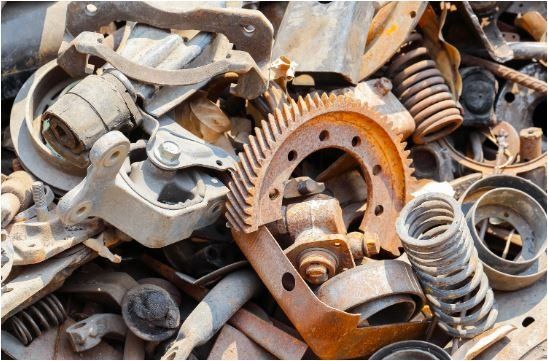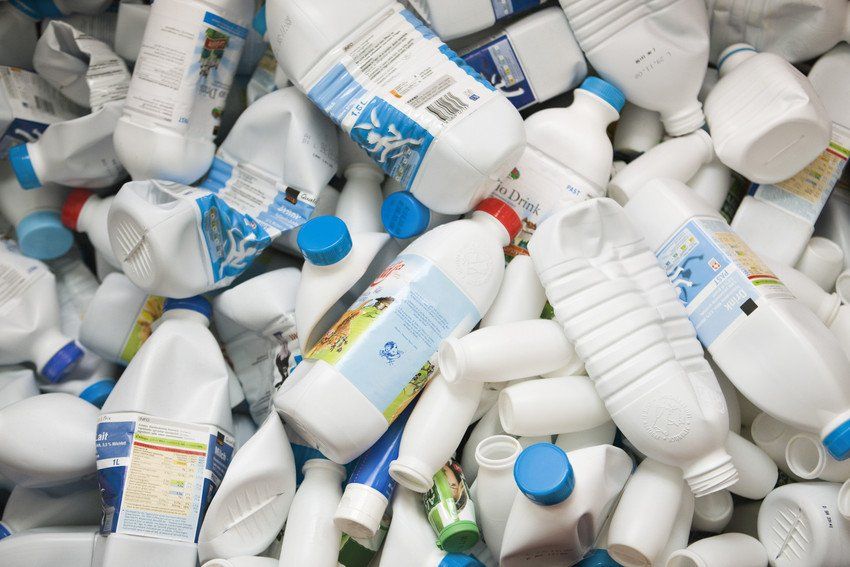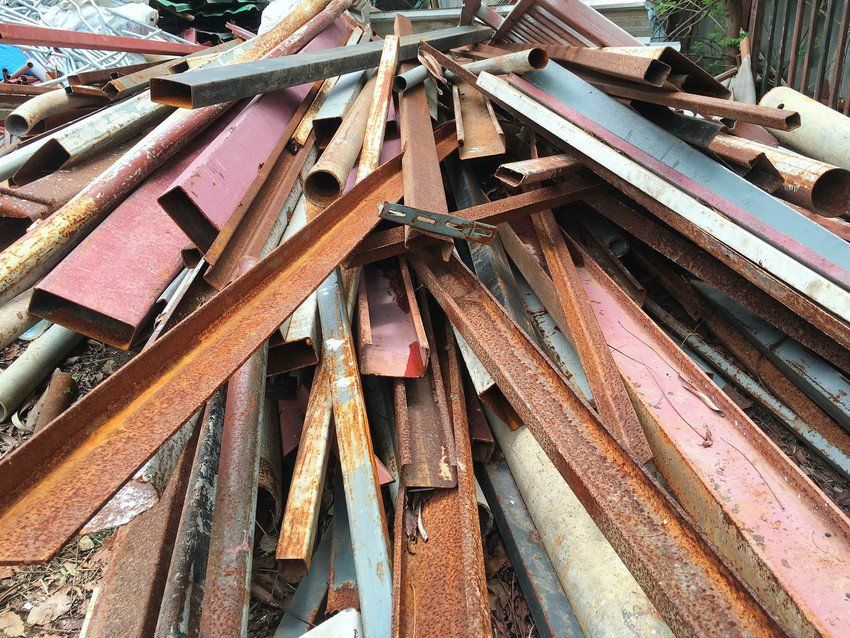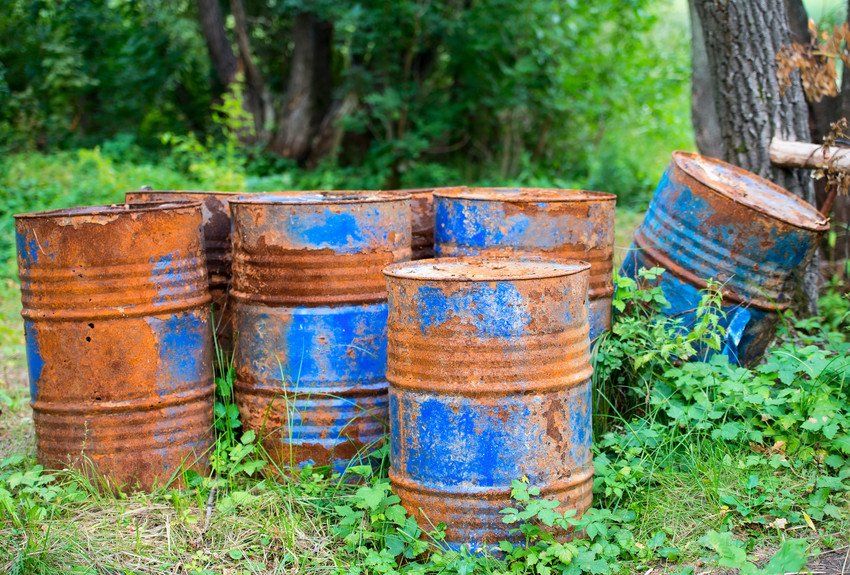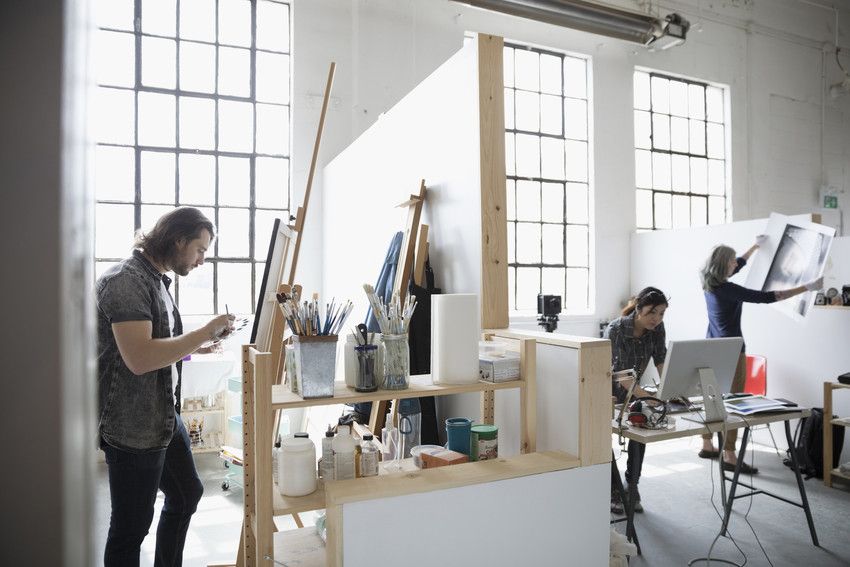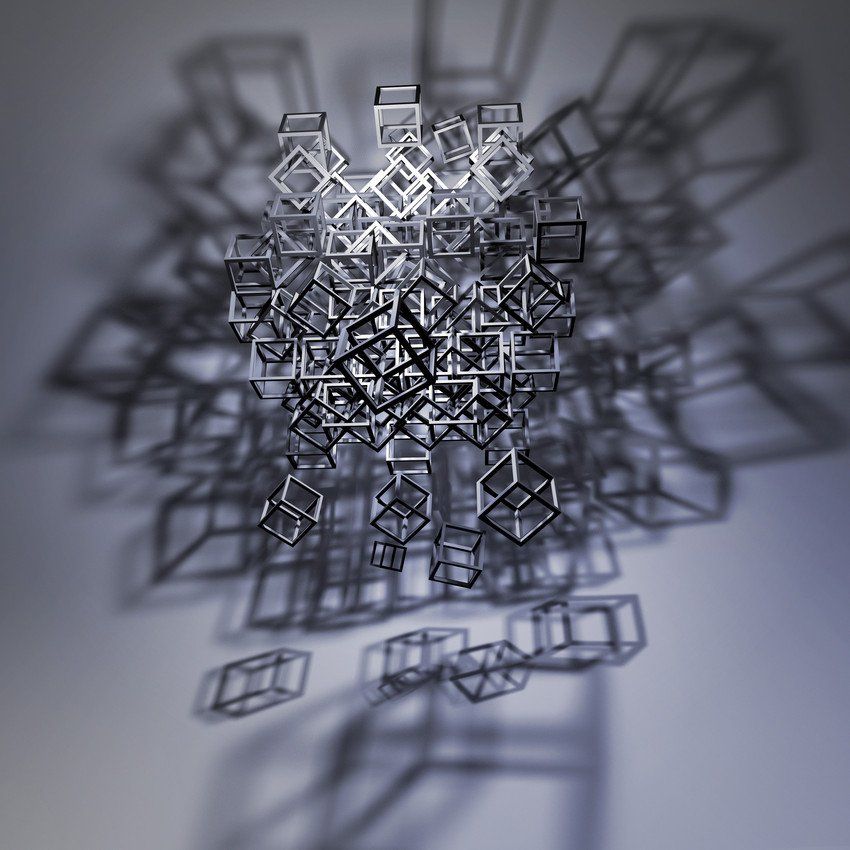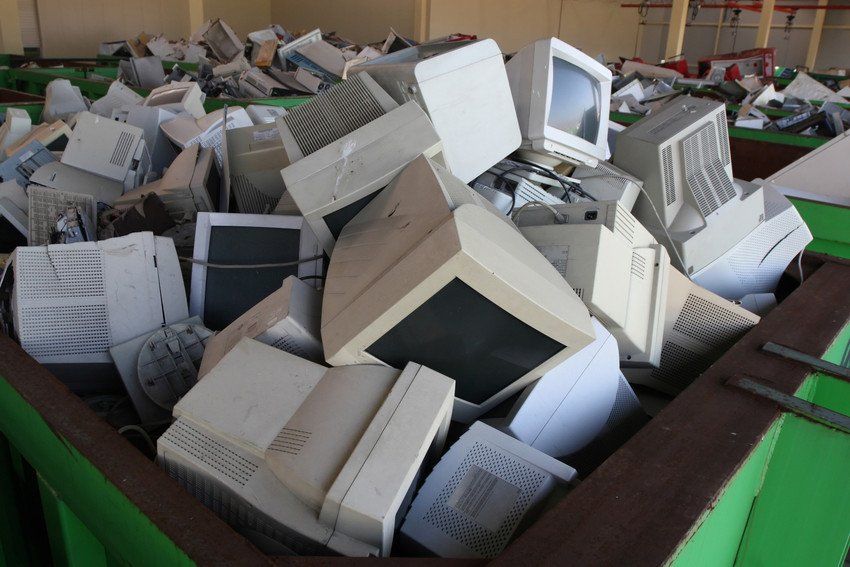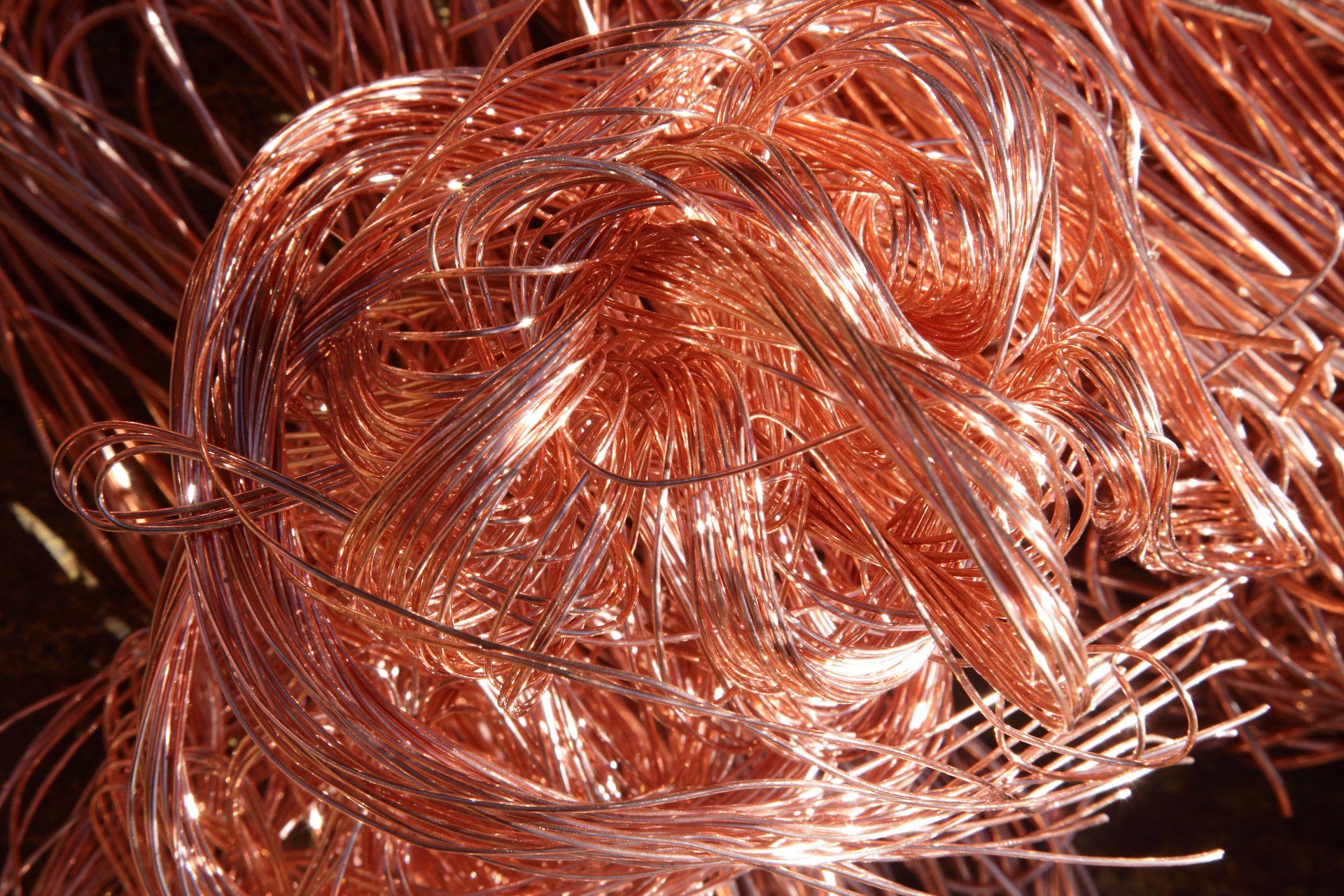Aluminium: The Environmentally Friendly Metal
Metal is often associated with big machinery and construction but can also be a very sustainable material. While we may consider them to have a negative impact on the environment, metals like aluminium are naturally occurring and extremely recyclable.
Aluminium is one of the most environmentally friendly materials on the planet. It can be infinitely recycled to make the same product over and over again. When disposing of metals, don’t forget that aluminium is one of the most valuable items and should be correctly recycled.
Facts about aluminium recycling
● By recycling aluminium, you are saving 97% of greenhouse gas emissions that would be released during the primary production process.
● One tonne of recycled aluminium saves nine tonnes of CO2 emissions and four tonnes of bauxite - the raw material that aluminium is made from. These nine tonnes of CO2 is equal to driving 25,200 miles.
● By recycling one aluminium can, you save enough energy to run a TV for three hours.
● In a landfill site, aluminium takes 200-500 years to fully break down.
Aluminium in construction
Aluminium is the second most frequently used material in the world, after steel. It’s extremely versatile, lightweight, durable and 100% recyclable. This makes it a great material for construction - up to 85% of building materials used in construction are made from aluminium. It’s also used in 74% of residential buildings so can be used in a range of commercial and domestic applications.
The first construction project to use aluminium was The Empire State Building where it was used for many of its major structures because of the strength and durability of the material. Many modern-day skyscrapers were constructed using aluminium because of their flexibility to accommodate complex configurations. Steel window frames were often swapped with aluminium to make buildings more thermally efficient.
After big deconstruction projects, aluminium can be recovered and recycled. The deconstruction of the old Wembley Stadium achieved a 96% recovery rate - the 4% loss was due to handles, hinges and other similar parts. This proves how environmentally friendly aluminium is and how its use makes construction much more sustainable.
Aluminium vs timber
Timber is used in around 24% of residential properties while aluminium is used in around 74%. Timber works really well to complement traditional properties but is not as sustainable as aluminium. You are now able to apply powder coating to aluminium to give it the same timber look. Aluminium requires much less maintenance than timber and is much more versatile allowing more complicated designs at larger sizes.
Broughshire Waste Metals is your go-to waste management and scrap metal recycling company in Wales. We’re experts in the collection and recycling of scrap metals, with plenty of experience in the industry. We deal with ferrous and non-ferrous metals, stainless steel, aluminium, copper, brass and bronze.
Get in touch with our team to learn more.
